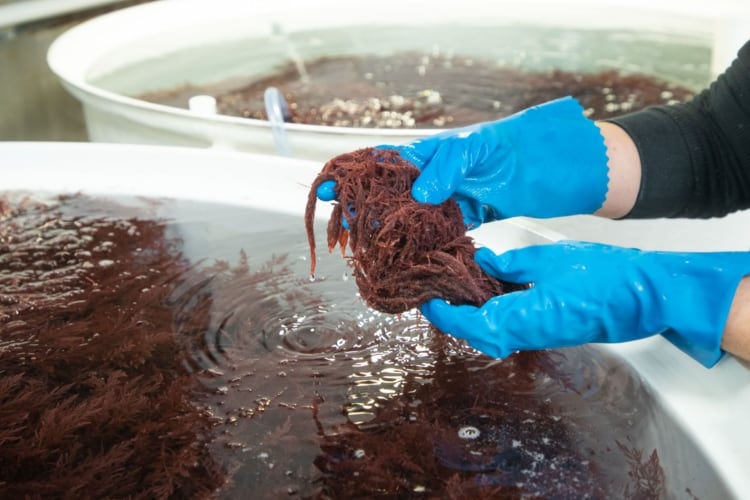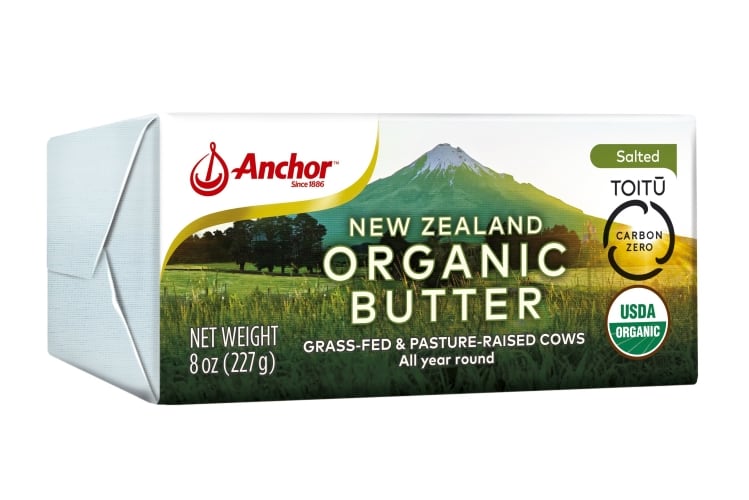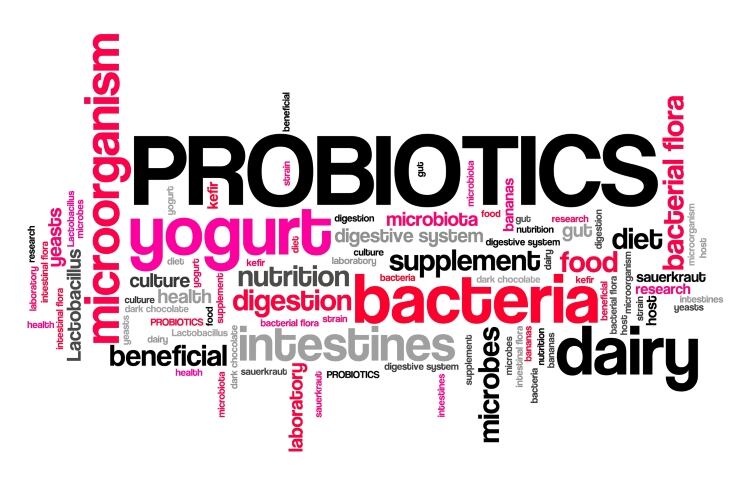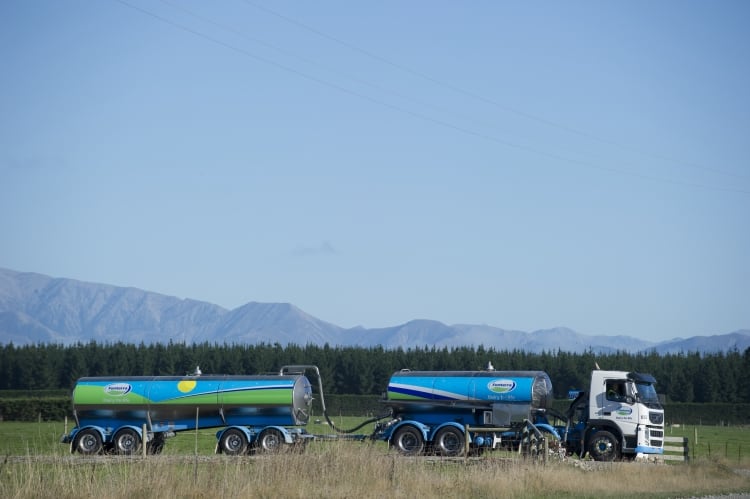CSIRO research has shown that Asparagopsis seaweed has the potential to reduce emissions by over 80 per cent in laboratory trials, and while Fonterra understands the reductions will vary out of the lab, all reductions count.
Fonterra general manager of sustainability APAC Jack Holden said, “As with all methane solutions we’re trialing, what we need to find out is whether we can use this supplement in a way that is safe for cows, safe for consumers and to ensure that there is no impact on milk taste or quality.”
“Over the past two years, 900 dairy cows on a farm in Australia have been fed small amounts of the seaweed supplement and the results have been promising at each stage. We are now expanding the trial across three additional farms, to test the supplement’s application at a commercial-scale.
“This will include understanding the practicalities of using the seaweed supplement as part of normal farming operations, which is critical because it needs to be easy to implement and beneficial for farmers if we want it to be widely adopted. If the trial proves successful, we have agreed with Sea Forest that Fonterra farmers will have first access to the commercial Asparagopsis solution.”
Sea Forest CEO and founder Sam Elsom said last year the company bought an additional 30ha farm as it increases production of the seaweed supplement.
“Asparagopsis is a common seaweed native to the waters of Tasmania and New Zealand, and we’re the first in the world to cultivate it at a commercial scale through both marine and land-based aquaculture.
“We’re looking forward to working with Fonterra on the next phase, and although we’re still in trial phases, we believe this has potential.”
Fonterra said there will be no single solution to the methane challenge, with Asparagopsis one of a number of solutions being investigated.
It is also testing Royal DSM’s Bovaer feed additive, working with MPI and DairyNZ on expanding a trial with Nestlé to include plantain in a cow’s diet to reduce the amount of nitrogen produced, and using its collection of dairy cultures to create new fermentations, called Kowbucha, which could inhibit the methanogens that create methane in cows.




